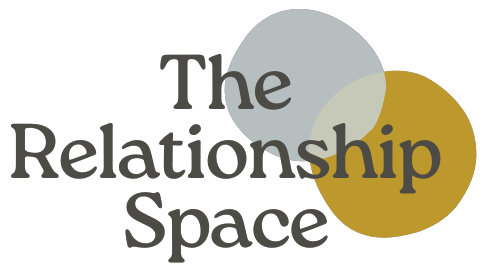Desire ups, downs, and mismatches Part 1
Hi friends,
Most of us have grown up with little to no sex education in a hypersexualized, shame-filled, and fear-based culture. As adults, we often go to the internet, books, doctors, and podcasts to answer our sexual health questions. There is a lot of information out there to weed through. Over the next couple of months, I am going dive deep into one of the most sought after sex issues in coaching and therapy, desire discrepancy.
Desire discrepancy is when one person experiences more or less sexual desire than their partner. This is inevitable in a long-term relationship. Even though it is common and normal, it can be distressing and a cause of disconnection in a partnership. Even though it’s common, it can be complicated to address. Desire is impacted by our physical and mental health, culture, religion, personal history, and current stressors.
Due to the complexity of desire discrepancy, let’s look at it from a layered approach developed by Marth Kauppi. The first layer to address are the things that make the situation worse.
Let’s look at the body
When you’re engaging in sexual activity, does any kind of physical touch feel uncomfortable or painful? If yes, pause that behavior until the pain is dealt with and resolved. That could last a week or months depending on the treatment plan.
Do NOT push through pain. It can worsen the health issue and create protective responses in the mind and body that make it harder to relax and experience pleasure. There are pelvic floor physical therapists and physicians that specialize in sexual health that can help.
Do you experience body signs of arousal? Arousal and desire are different. Arousal are the body responses involved in sexual activity, such as erections, flushing, lubrication, heart rate, etc. Desire is the mental piece of wanting sex.
If getting or sustaining erection is an issue, it could be a sign of heart disease. Erections involve blood flow and circulation. Getting your heart checked out by a doctor is an essential first step to addressing erection challenges. For those with a vulva, vaginal dryness can make sexual activity uncomfortable. Finding the right lubricant is good first step. If lube doesn’t resolve the issue, refer to step #1 and see a doctor.
Pressure for sex
Nothing is going to kill desire more than stress and anxiety. For higher desire partners, the foot needs to come off the gas pedal in trying to make your partner have sex. Your gas pedal is engaging their brakes. That can be super hard to hear, especially if you are feeling rejected and hopeless. Trust me, there is hope and lots of options to make your sex life better. That path forward requires communication that is free of pressure and coercion.
For the lower desire partner, you do not need to have sex because you are in a relationship. I do not subscribe to the “just do it” advice. In my next newsletter, I will talk about willingness. You can be willing to be sexual even with low desire. The nuances of willingness can be subtle yet they are the foundation to managing the fluctuations in desire over the long term.
Conversations about sex with your partner can be emotionally charged and difficult. If you want support for that, I’m here.
Recommendations:
This video on consent is wonderful. It’s less than 3 minutes, it’s funny, and you will think about consent differently. Remember we all likely grew up with poor sex education and a patriarchal society, we are not too old to get better at consent.
With loving support,
Mallory
